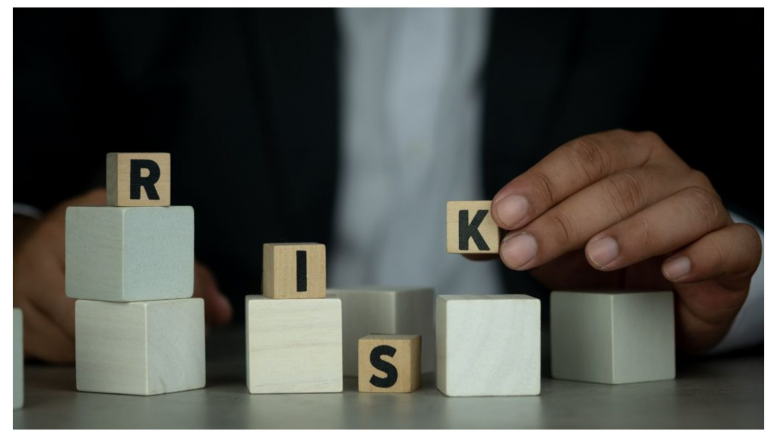Risk comes from not knowing what you’re doing – Warren Buffet
While chairing a session on ‘Corporate governance and reputation risk management’ for the 3rd Annual Enterprise Risk Management Summit held this September, I was reminded of how as communicators we are the custodians of our company’s reputation and thereby, play a crucial role in mitigating risks.
By understanding the potential risks, developing effective communication strategies, and managing the narrative, communicators can help organisations navigate crises and emerge stronger. They act as the bridge between the organisation and its stakeholders, including employees, customers, investors, and the general public. They are responsible for shaping the company’s reputation and managing its brand image.
In the context of risk management, communicators play a vital role in the following areas:
- Risk Identification: Communicators can help identify potential risks by staying informed about industry trends, regulatory changes, and social issues. They can also conduct stakeholder analysis to understand the concerns and expectations of different groups.
- Risk Assessment: Once risks are identified, communicators can help assess their potential impact on the organisation’s reputation and bottom line. They can work with other departments to develop a comprehensive risk assessment framework.
- Crisis Communication Planning: Communicators are responsible for developing crisis communication plans that outline how the organisation will respond to various types of crises, including product recalls, data breaches, and natural disasters.
- Crisis Response: During a crisis, communicators play a crucial role in managing the narrative and communicating with stakeholders. They must be able to craft clear, concise, and empathetic messages that address the situation and reassure stakeholders.
- Reputation Management: After a crisis, communicators can help restore the organisation’s reputation by implementing effective reputation management strategies. This may involve conducting damage control campaigns, reaching out to affected stakeholders, and taking steps to prevent future crises.
Competencies Required for Effective Risk Communication
To effectively manage risks and protect their organisation’s reputation, corporate communicators must be good at:
- Building a fluid and adaptable narrative: Communicators must be able to write and speak clearly and concisely. They must also be able to adapt their message to different audiences and situations.
- Strong decision making Skills: Communicators must be able to think quickly on their feet and make sound decisions under pressure. They must also be able to manage multiple stakeholders and coordinate with other departments during a crisis.
- Stakeholder Analysis Skills: Communicators must be able to identify and understand the needs and expectations of different stakeholders. This knowledge will help them tailor their messages and build strong relationships.
- Risk Assessment Skills: Communicators must be able to identify potential risks and assess their impact on the organisation. They must also be able to develop strategies to mitigate these risks. Scenario planning is critical.
- Digital Literacy: In today’s digital age, communicators must be proficient in digital tools and platforms. They must also be able to monitor social media and other online channels for potential risks and opportunities.
Corporate communicators play a critical role in risk management by identifying, assessing, and mitigating risks. By developing effective communication strategies and managing the narrative, communicators can help organisations protect their reputations and emerge stronger from crises.
The views and opinions published here belong to the author and do not necessarily reflect the views and opinions of the publisher.



Be the first to comment on "Risk Management and the Role of Corporate Communicators"